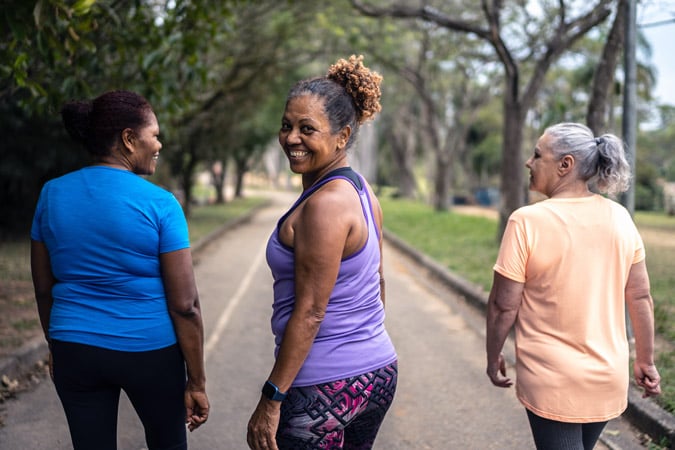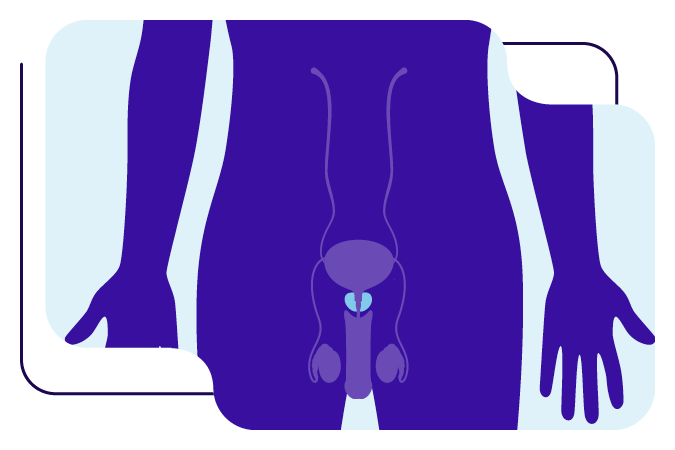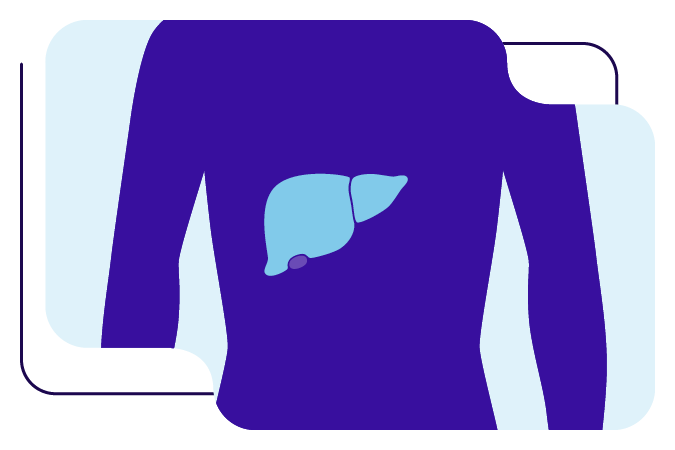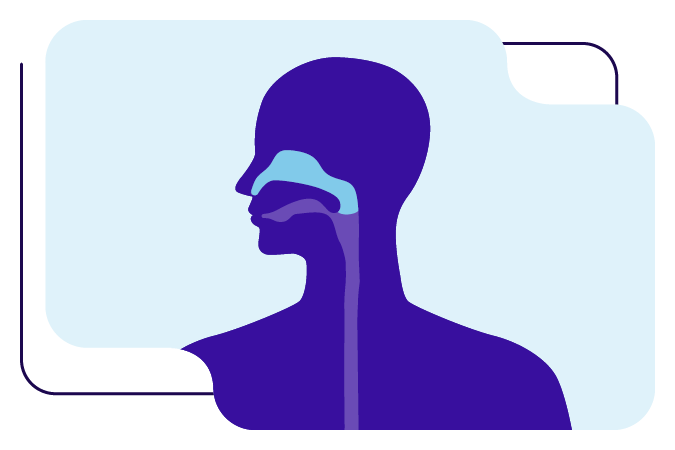Preventing breast cancer
Learn more about how to reduce your risk of breast cancer

On this page
Can breast cancer be prevented?
There’s no guaranteed way to prevent breast cancer, but you can take steps to lower your risk. Some factors like your age, family history or inherited genes can’t be changed. But research shows that everyday choices like keeping active or not drinking alcohol can still have a positive impact even if you’re older or have a higher inherited risk.
Lifestyle choices and breast cancer
Keeping active
Moving your body regularly helps protect against breast cancer. Evidence shows that all types of physical activity can lower your risk of breast cancer after the menopause and more vigorous activity can help reduce your risk before the menopause.
Aim for at least 150 minutes of moderate activity a week – that’s around 20 to 30 minutes a day of activities like brisk walking, cycling, chair-based exercises or gardening. Or, if you are able to include more high-effort movement, aim for 75 minutes of vigorous activity a week – that’s around 10-15 minutes a day of activities like running, fast swimming or playing sport.
Being a healthy weight
The link between body weight and breast cancer is complex, but our evidence shows that being a healthy weight and avoiding putting on weight in adulthood can help lower your breast cancer risk after the menopause, when breast cancer is most common.
Being a healthy weight also reduces your risk of at least 12 other types of cancer, not just breast cancer.
Limiting alcohol
When it comes to breast cancer, there’s no safe level of alcohol. Drinking any amount increases your risk before and after the menopause. The less you drink, the lower your risk of breast cancer and avoiding alcohol altogether is best for your health.
Breastfeeding – can breastfeeding reduce my breast cancer risk?
There is strong evidence that breastfeeding your baby can lower your risk of breast cancer. That’s why one of our Cancer Prevention Recommendations is to breastfeed your baby, if you can.
Babies who are breastfed are also less likely to be overweight as children. This makes them less likely to be overweight as adults too, which can help reduce their risk of developing some types of cancer later in life.
Diet and breast cancer
There’s some evidence that eating a diet filled with the foods below may help lower your breast cancer risk (both before and after the menopause), although the evidence isn’t as strong as for other factors:
- Non-starchy vegetables, like broccoli, spinach and peppers
- Foods rich in carotenoids, such as carrots, sweet potatoes and leafy greens
- Calcium, a mineral found in dairy products (like milk) and leafy greens (like spinach); dairy products may also lower the risk of premenopausal breast cancer.
While evidence specifically for breast cancer may be limited, we know that eating plenty of fruit, vegetables and other fibre-rich foods is important for your overall health and can help lower your overall cancer risk.
Overall lifestyle pattern
In April 2025, we published a report looking at how your overall diet and lifestyle choices work together to affect your risk of breast cancer.
Instead of focusing on individual food types (such as vegetables) or individual lifestyle choices (like how active you are), this report looked at the bigger picture – how all of these aspects of our lives work together to influence your cancer risk.
This research showed strong evidence that certain combinations of everyday choices lower the risk of breast cancer. They include:
- Keeping to a healthy weight and doing lots of physical activity.
- Eating plenty of fruit and vegetables, as well as fibre-rich foods like wholemeal bread and pulses (like chickpeas).
- Reducing sugary drinks and red and processed meat.
- Avoiding alcohol.
To get the most benefit, it’s better to follow as many of these as possible every day, rather than just focusing on one or two.
For health professionals
Health professionals can play an important role in helping women reduce their risk of breast cancer. By offering evidence-based, practical advice on building healthy habits, you can support your patients to make positive, informed choices about their health.
We’ve created free resources to help you in your conversations:
More breast cancer information for you:
-
References
- World Cancer Research Fund/ American Institute of Cancer Research. Continuous Update Project Expert Report 2018. Diet, nutrition, physical activity and breast cancer. Available at: https://www.wcrf.org/research-policy/library/breast-cancer-report/
- World Cancer Research Fund International. Dietary and lifestyle patterns for cancer prevention: evidence and recommendations from CUP Global. 2025. Available at: www.wcrf.org/DLP


